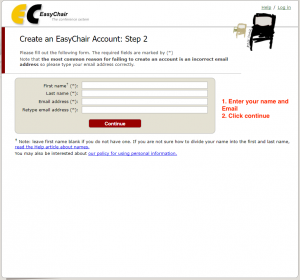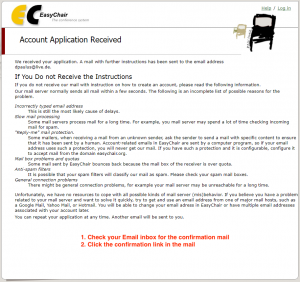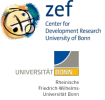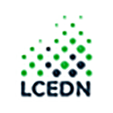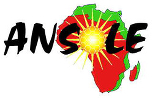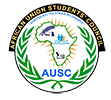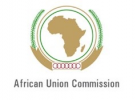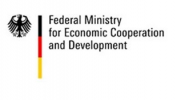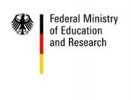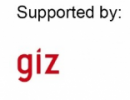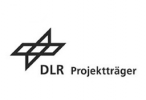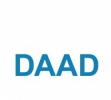African Union – Agenda 2063
The guiding vision of the Agenda 2063 of the African Union is “An integrated, prosperous and peaceful Africa, an Africa driven and managed by its own citizens and representing a dynamic force in the international arena”. The call for action of the Agenda 2063 with regards to energy refers to “harnessing all `African energy resources to ensure modern, efficient, reliable, cost effective, renewable and environmentally friendly energy to all African households, businesses, industries and institutions, through building the national and regional energy pools and grids,”. The Africa Water Vision 2025 and aspiration seventeen of the Agenda 2063 focus on the fact that “Africa shall have equitable and sustainable use and management of water resources for socio-economic development, regional cooperation and the environment”. With regards to climate change, aspiration seventeen of the Agenda 2063 requires that “Africa shall address the global challenge of climate change by prioritizing adaptation in all our actions, drawing upon skills of diverse disciplines and with adequate support (affordable technology development and transfer, capacity building, financial and technical resources) to ensure implementation of actions for the survival of the most vulnerable populations, including islands states, and for sustainable development and shared prosperity.”
PAUWES
A key role of PAUWES is seen in providing scientific and technological solutions to support a sustainable socio-economic development in the continent, science-based advice to policy makers on a local, national, regional and Pan-African level. PAUWES not only provides scientific knowledge for existing strategies but also acts as a think tank and thought leader in shaping future strategies.
The African Union Science, Technology and Innovation Strategy for Africa 2024 (STISA-2024) places science, technology and innovation at the epicentre of Africa’s socio-economic development and growth. Research, particularly applied research, can be considered as a tool and an enabler for achieving continental socio-economic development goals in order to accelerate Africa’s transition to an innovation led, knowledge based economy.
The lack of institutional networking is still a major challenge in the African research and educational landscape. The PAU as a whole aims to contribute to the establishment of networks in Africa and PAUWES aims to be the hub of a Pan-African research network in the area of energy, water and climate change.
Research-2-Practice Forum
Linking research and development as contributions to achieve goals of the Agenda 2063 is a priority for the Pan African University of the African Union. Applied research, networking and cooperation with strategic partners are essential pillars in this endeavour. In order to promote and support applied and practice-oriented research and strategic partnerships on renewable energy, water and climate security in Africa, the Pan African University Institute for Water and Energy Sciences (PAUWES) with support from the German Government and in cooperation with a consortium of German universities (UNU-EHS, ZEF and ITT) led by UNU-EHS and the University Abou Bekr Belkaid in Tlemcen are jointly organizing an international forum in Tlemcen, Algeria from 16-18 April 2018.
The event builds on the integration of the following complementary components:
- Research components in line with the support of the German Federal Ministry for Education and Research to support synergies with institutions dealing with research questions addressed by ongoing research projects and priorities of the research agenda at PAUWES.
- Strategic networking components in line with the support of the German technical cooperation of the German Federal Ministry of Economic Cooperation and Development though the “Deutsche Gesellschaft für Internationale Zusammenarbeit (GIZ) GmbH” to support institutional development of the institute.





